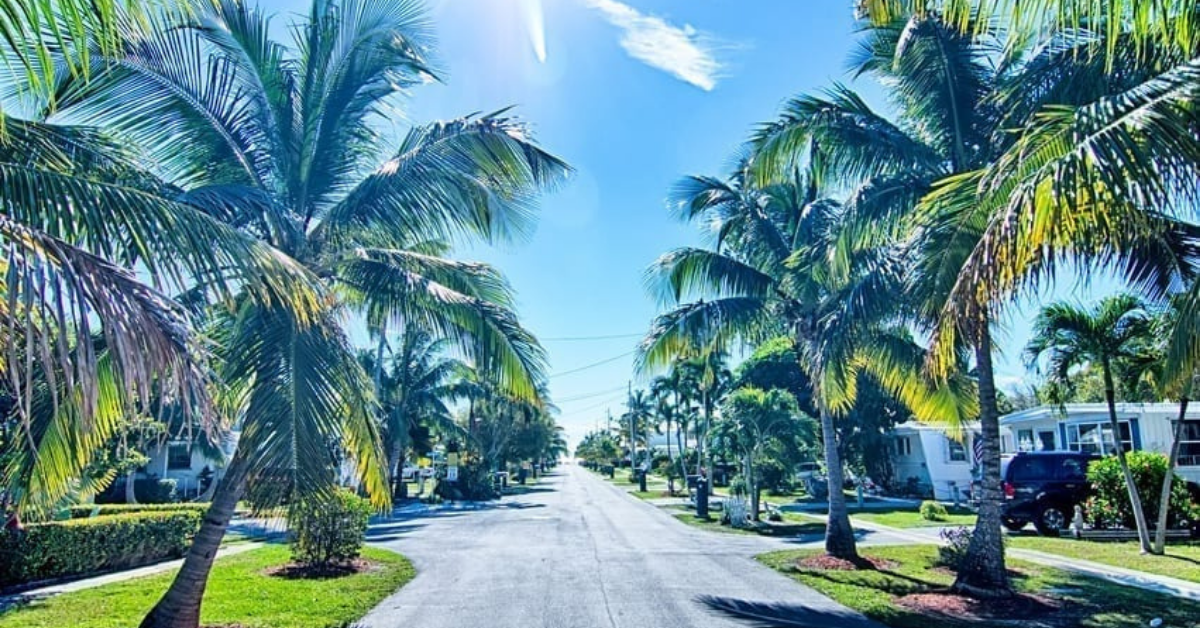What can be more beautiful than living near a body of water? Say hello to 3000 Waterside - Fort Lauderdale’s…
4 Tips for Buying a Vacation Home
Vacation homes are more common than ever. Almost 10 million American households maintain a second home for vacation or summer use. But who is thinking about vacation homes in winter? Smart buyers, real estate agents, and savvy sellers know that winter anywhere in the U.S. is a great time to deal with buying and selling vacation homes. Prices are at a premium in the summertime, fewer properties are on the market, and the excitement of owning a summer or vacation residence is tempered by the likelihood that the process of buying, perfecting, and moving into a summer home won’t be completed before the end of the summer. But in winter, those prices dip, homes go on the market, and a buyer can easily anticipate spending the next summer right there in their new spot in Florida, Cape Cod, the Pacific coast, or whichever summer paradise catches their eye. Read on for some tips on planning, finding, buying, and living in a fantastic vacation home.
Figure Out the Money Part
Owning and maintaining a vacation home is very manageable with smart planning and diligence. But be sure you’re prepared for every expense and have no surprises in store for you. In addition to the mortgage and taxes, many waterfront properties require extra insurance. Also, there are fees for municipal or neighborhood services when it comes to condos for sale on the waterfront. And remember that, for the most part, each time you move into your seasonal home it is likely to have been sitting unoccupied for six months or so: prepare for maintenance costs. Real estate agents with experience in the location you choose for your waterfront home will be able to keep you well-informed about the variable expenses but to be sure you’re making a sound and sustainable investment, you should talk with your accountant, money manager, or investment manager.
What Will the Property Be Used For?
It’s not as obvious as it seems. Many buyers will only occupy their vacation home during the summer, leaving it unoccupied for the rest of the year; others will rent it out during off-seasons. Most will seek out waterfront homes in warm or temperate areas; others will be looking for a vacation home for ski trips. How will you use your vacation home? And who will occupy it: exclusively you and your immediate family, or also occasionally other family and friends? Will it be a place to invite traveling guests? Do you anticipate that you may someday choose to live there year-round, or retire there? And how often will you use it? You will find the answers to all these questions very helpful as you plan your vacation home purchase.
Consider Locations
For summer homes and waterfront properties, there are dozens and dozens of options across the U.S., from the Cape Cod to the coast of California. Almost 40% of people who bought vacation homes bought them near water and beaches. But there are just as many options for winter retreats, from Vermont to Washington State. Research areas that catch your eye. Find out about the cost of living, local attractions, ease of transit, property values, taxes. Reach out on social media: you likely have connections who live in or near an area you’re considering.
Work with Real Estate Agents
Once you know your budget and where you wish to buy a vacation home, find qualified and experienced real estate agents and track down your dream vacation home. Real estate agents know the markets, the properties, and the neighborhoods better than anyone. In addition, these agents will network and can always direct you to resources they don’t necessarily offer, such as property inspectors, attorneys, and contractors: useful when you’re in an area that is new to you.





